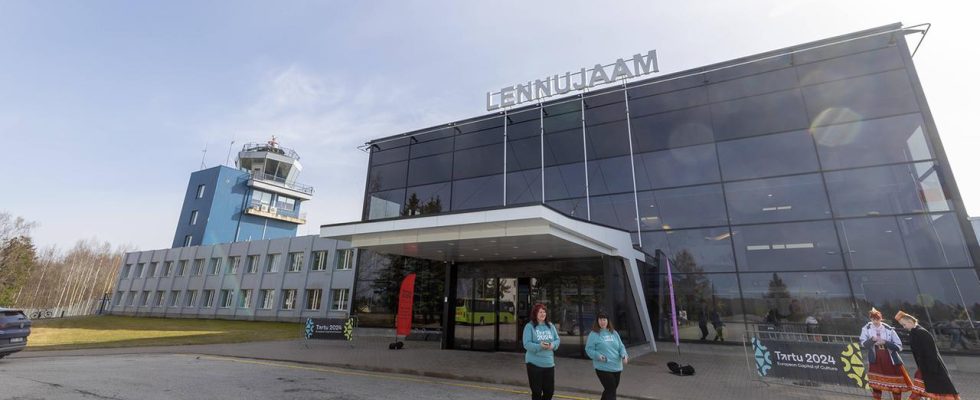Estonia has repeatedly observed interference with GPS satellite navigation in the Baltic Sea region. Foreign Minister Tsahkna sees Russia as the mastermind – there is plenty of evidence for this. For the Bundeswehr, too, there is much that points to the Kremlin as the originator.
Estonia’s Foreign Minister Margus Tsahkna has accused its neighbor Russia of being responsible for the long-standing GPS signal disruptions in the Baltic Sea region. “We know that Russia has been jamming the GPS signal since the beginning of its aggression in Ukraine. In the last year and a half, this problem has become very serious in our region,” Tshanka said on Estonian television.
“Part of a hybrid campaign”
This affects not only Estonia, but also Latvia, Lithuania, Finland, Norway, Sweden and Poland. “If we look at Russia’s activities, this attack on GPS is part of a hybrid action that disrupts our lives and breaks all sorts of international agreements,” Tsahkna said.
According to a convention to which Russia has also joined, GPS must not be interfered with by anyone. But there is plenty of evidence that the disruptions are coming from near St. Petersburg and Pskov as well as from Kaliningrad, said the Estonian Foreign Minister – without giving details.
Finnair suspends flights to Tartu
The GPS signal is used by aircraft to determine their own position and for navigation. At the end of last week, two Finnair planes had to be diverted after GPS interference prevented them from landing in Estonia’s second-largest city, Tartu.
It is one of a few airports in the region where a GPS connection is required for this. The Finnish airline therefore announced that it would suspend its flights from Helsinki to Tartu until May 31st. The airline said it did not know where the disruption came from. However, similar problems have been noticed in the past near the Russian exclave of Kaliningrad and Finland’s eastern border with Russia.
Authorities speak of “side effects”
Following these incidents, the Estonian Consumer Protection and Technical Regulatory Authority (TTJA) investigated the GPS interference. It does not assume a deliberate attack on Estonia.
In their assessment, the signal disruptions are a “side effect” – they are likely due to Russia defending its critical infrastructure from attacks and trying to deter drones.
Tshakna contradicts report
Tshakna contradicted this. If an external influence endangers people’s lives and affects aviation, it is not a transfer effect, he emphasized. There is also no logical basis or need to jam the GPS signals in Norway, Sweden or Finland.
Tshakna said there were no drone attacks coming from this direction or from Estonia. It is clear that Russia is instead testing what it can do to the West. Neither the Kremlin nor the Russian Defense Ministry have yet responded to the allegations.
BDL: More serious intervention
Already on Tuesday, a spokesman for the Federal Ministry of Defense said in response to a request from the Reuters news agency that the disruptions were “very likely” due to Russia. “We have no restrictions when it comes to navigation and communication,” the spokesman emphasized, referring to the Bundeswehr’s activities in the Baltics.
“According to the European aviation security authority EASA, GPS spoofing or jamming has been increasing since February 2022, particularly in regions bordering Russia, including in the Baltics,” said the Federal Association of the German Aviation Industry (BDL) upon request. Basically, this is a serious interference with the safety of civil aviation and a threat to the safe operation of civil aircraft.
According to the BDL, German airlines regularly analyze the risk situation. The airline crews are well trained for various potentially critical situations. If there is a disruption in the GPS signal, the cockpit crew can safely continue the flight using conventional navigation aids (such as inertial navigation systems and ground-based navigation systems). Under these conditions, EASA assessed the situation as “not unsafe”.

